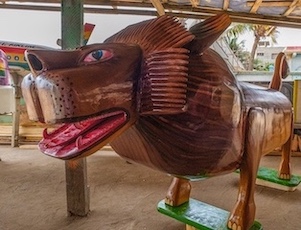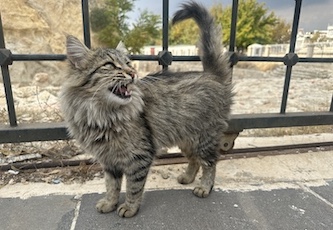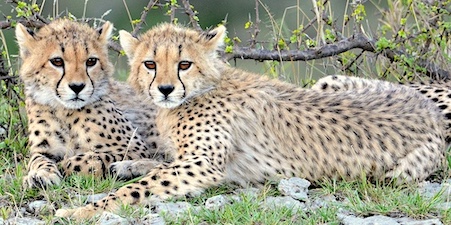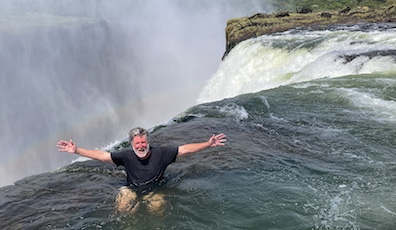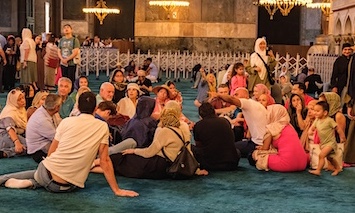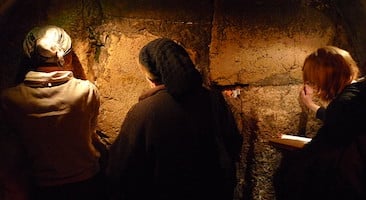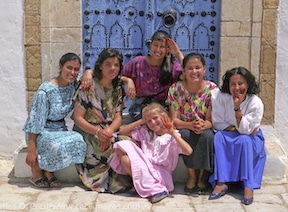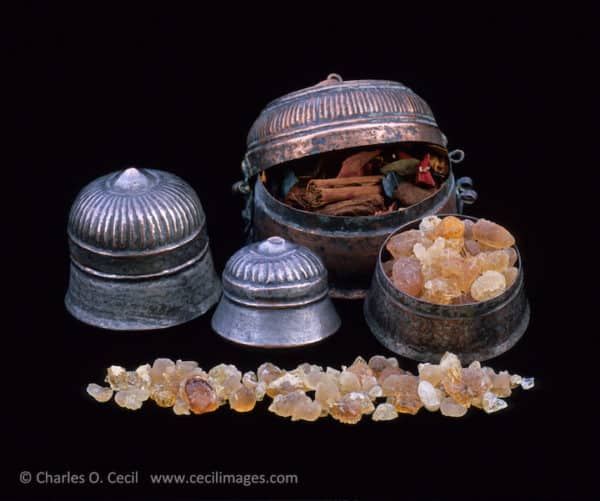Fantasy Coffins of Ghana. A Folk Art’s Evolution
Caskets in the shape of fish, tennis shoes and ice cream bars crafted by Accra carpenter Eric Kpakpo Adotey, who designs made-to-order fantasy coffins. Photo by Charles Cecil. By Charles Cecil People go to Ghana to see historic coastal slave castles. Others come to buy kente cloth for a colorful wall hanging. Reasonably priced tailors…


